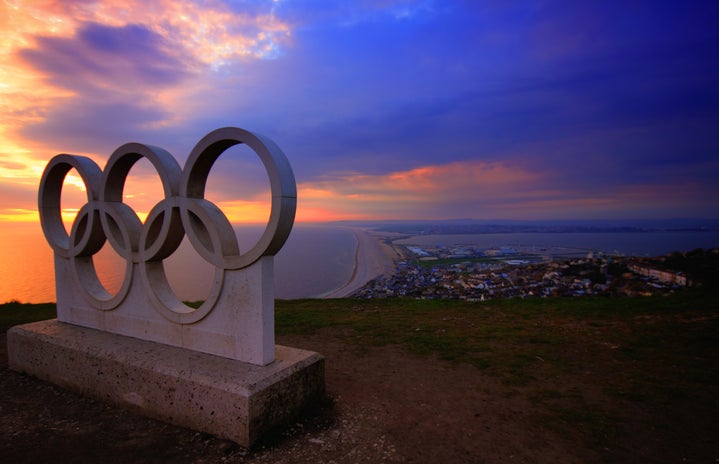I do not know a lot about the Olympics. I fancy myself an occasional Olympics watcher–mainly to see the gymnastics and figure skating events. That said, I do not tend to think a lot about the history or background of the competition. So, for this article I did some digging and found some frankly disturbing and interesting facts. These things came at such a shock because the first Olympic athletes that come to my mind–beyond Michael Phelps–are women.
Gender equity in sports is something well discussed today. We are all well aware of the inequality historically present within athletic fields, but I was really taken aback by how long it took for any true steps toward equity. 2012 was the first Olympics where women competed in every sporting event. For some comparison, the first modern Olympic Games were held in 1896. That means that it took 116 years for women to be allowed to participate in roughly the same 40 sports that men play.
The thing that I found to be the most interesting however was the beginning of women’s participation in the Olympics. Women did indeed participate in the Olympic Games of 1900. Women played tennis, golf, croquet, and also rode horses and sailed. It’s clearly evident that women’s participation was somewhat classist and limited to a more feminine sphere of athletics. When I think back to stories like The Age of Innocence, these are the kinds of activities that I imagine rich white women doing over tea.
After a brief discussion about the upcoming Winter Olympics, Kendal, 19, expressed her personal qualms with the competition: “The Winter Olympics were created because white people were being blown out by black people in events like track & field, etc. The Winter Olympics are just a collection of the most expensive inaccessible activities to minorities and low income people.” The Winter Olympics self-select high income participants who are typically generationally exposed to “apres-ski” luxury culture. The breakdown then transcends mere income and gender but also race.
I encourage everyone to watch the Olympics to appreciate the hard work of talented individuals, an increasing number of whom are minorities; however, I think it interesting to keep in mind those who have been historically left out and underrepresented in the competitions. While I write on the subject lightly, there are many women and ethnic minorities who continue to fight for equal pay and fight against sexual misconduct in sports, as the US gymnasts did so recently.


